Can you prevent a hangover?
Over half of us will drink more than usual this month, but there are ways to minimise the effects of alcohol on the morning after
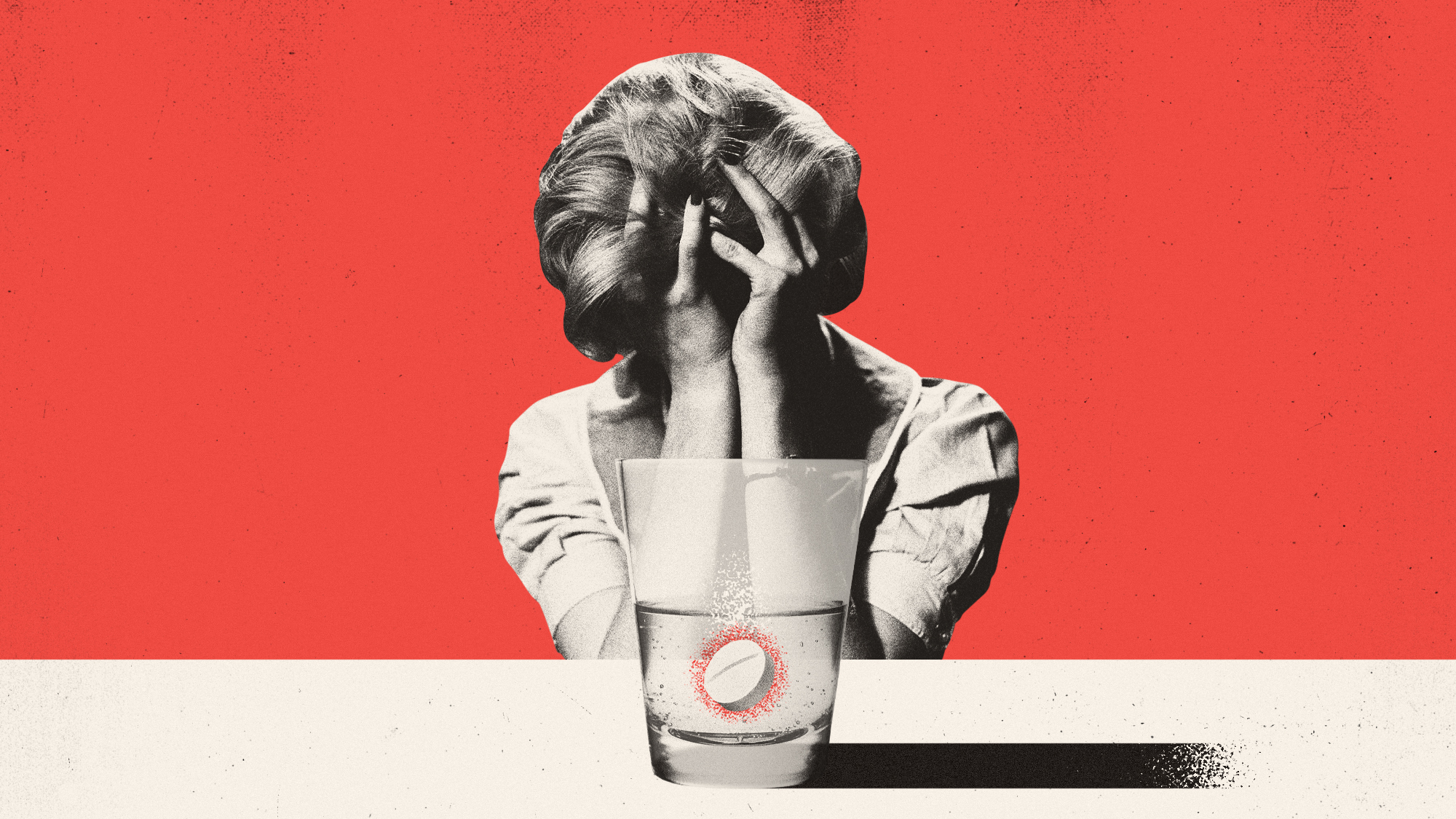
A free daily email with the biggest news stories of the day – and the best features from TheWeek.com
You are now subscribed
Your newsletter sign-up was successful
It's no surprise that more than half of us will up our alcohol intake this month, according to a survey by alcohol charity Drinkaware.
"As Britons, we're hardwired to overdo it at Christmas," said Celia Walden in The Telegraph, "drunkenly hanging onto wall panelling at parties and complaining daily about hangovers" or "avoiding the raucous drunks in reindeer antlers on the bus and skipping over puddles of vomit on your way home".
If you have ever drunk too much, you will know only too well the consequences. But there are steps you can take to reduce the morning-after pain.
The Week
Escape your echo chamber. Get the facts behind the news, plus analysis from multiple perspectives.

Sign up for The Week's Free Newsletters
From our morning news briefing to a weekly Good News Newsletter, get the best of The Week delivered directly to your inbox.
From our morning news briefing to a weekly Good News Newsletter, get the best of The Week delivered directly to your inbox.
Pace yourself
"The search for alcohol hangover cures is as old as alcohol itself," said Justin Stebbing, professor of biomedical sciences at Anglia Ruskin University, on The Conversation. Taking a shot of olive oil before drinking has been recently touted as a way to prevent hangovers, but the claim "lacks any scientific backing and should be approached with lots of scepticism".
The body's "breakdown of alcohol, which involves the liver chemically changing it using its own protein machinery, is the primary cause of hangover symptoms such as dehydration, headaches and nausea". Something like olive oil would not change this metabolic process.
Better "methods to prevent or mitigate hangovers" include maintaining hydration levels, eating a nutritious meal "rich in protein, fats and complex carbohydrates", pacing drinks and then replenishing nutrients.
Zebra striping
Drinkers can try the "new" trend of zebra striping. No, not an alternative to leopard print, but the practice of alternating boozy beverages with no/low-alcohol drinks. This is a "newish and buzzy-sounding term for an old and well-worn concept", said Vogue. It will halve your alcohol intake, and could make the difference between "waking up feeling just fine" or "with a sense of ambient doom and a face like a slightly deflated water balloon".
A free daily email with the biggest news stories of the day – and the best features from TheWeek.com
And finally, "drink plenty of water before going to sleep and keep a glass by the bed", advised Drinkaware.
'Dry Christmas'
For those who want to be sure of avoiding a hangover, "the best way is not to drink", said DrinkAware.
This Christmas, over three-quarters of young people may opt to drink no alcohol at all. According to a poll of 2,000 adults, 78% of those born after 1996 will be having a "dry Christmas". "Moderation isn't impacting people's enjoyment," said Brian Perkins, president of Budweiser Brewing Group UK&I, who commissioned the study. "In fact these results reaffirm that we can and do still enjoy ourselves just as much."
Among older people surveyed, only 6% are considering a dry Christmas. "I'm amazed the figure is that high," said Celia Walden in The Telegraph. "This year I'd rather pace myself and 'enjoy' a little less of it."
Adrienne Wyper has been a freelance sub-editor and writer for The Week's website and magazine since 2015. As a travel and lifestyle journalist, she has also written and edited for other titles including BBC Countryfile, British Travel Journal, Coast, Country Living, Country Walking, Good Housekeeping, The Independent, The Lady and Woman’s Own.
-
 The President’s Cake: ‘sweet tragedy’ about a little girl on a baking mission in Iraq
The President’s Cake: ‘sweet tragedy’ about a little girl on a baking mission in IraqThe Week Recommends Charming debut from Hasan Hadi is filled with ‘vivid characters’
-
 Kia EV4: a ‘terrifically comfy’ electric car
Kia EV4: a ‘terrifically comfy’ electric carThe Week Recommends The family-friendly vehicle has ‘plush seats’ and generous space
-
 Bonfire of the Murdochs: an ‘utterly gripping’ book
Bonfire of the Murdochs: an ‘utterly gripping’ bookThe Week Recommends Gabriel Sherman examines Rupert Murdoch’s ‘war of succession’ over his media empire
-
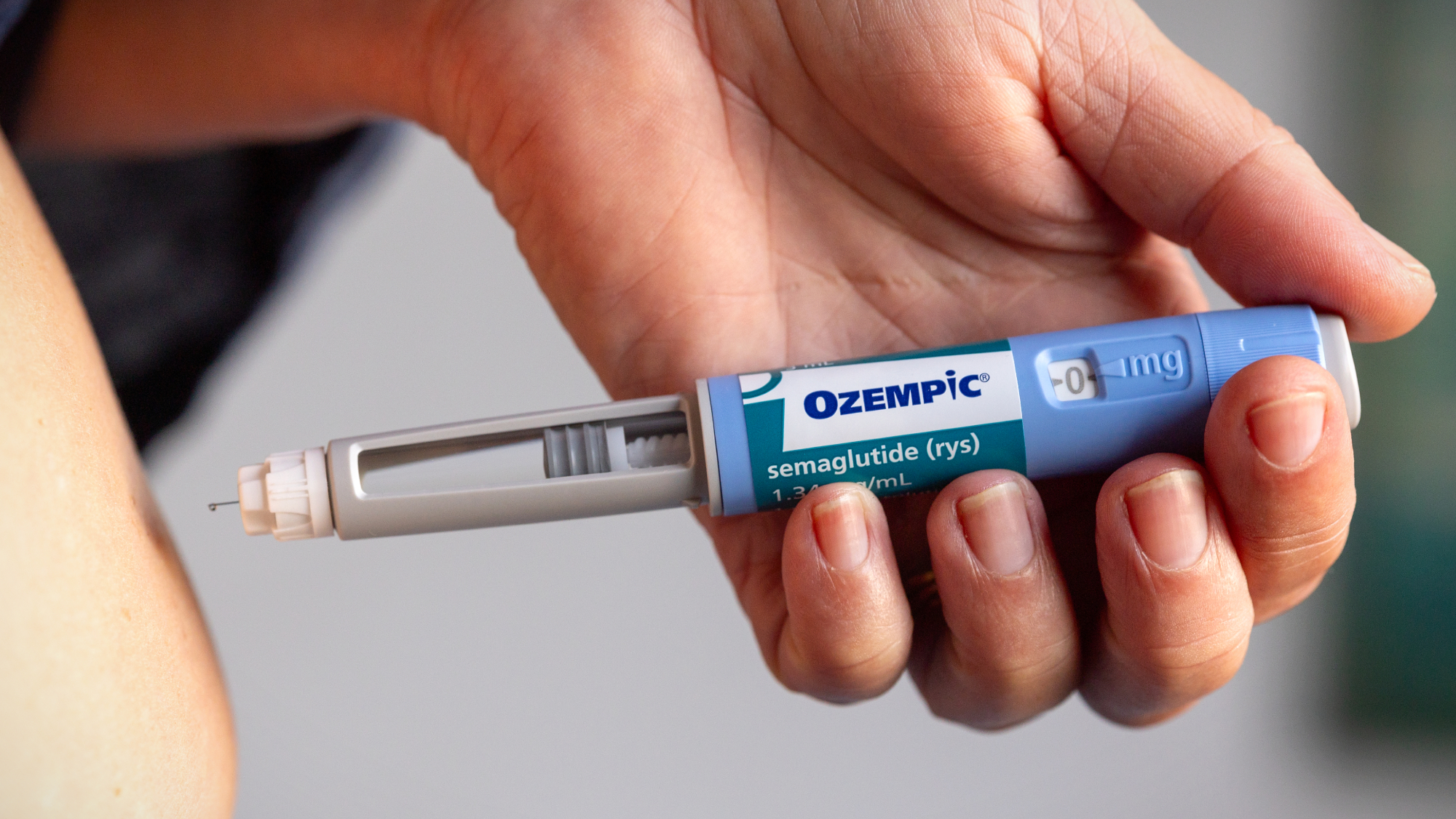 Ozempic can curb alcohol cravings, study finds
Ozempic can curb alcohol cravings, study findsSpeed read Weight loss drugs like Ozempic and Wegovy may also be helpful in limiting alcohol consumption
-
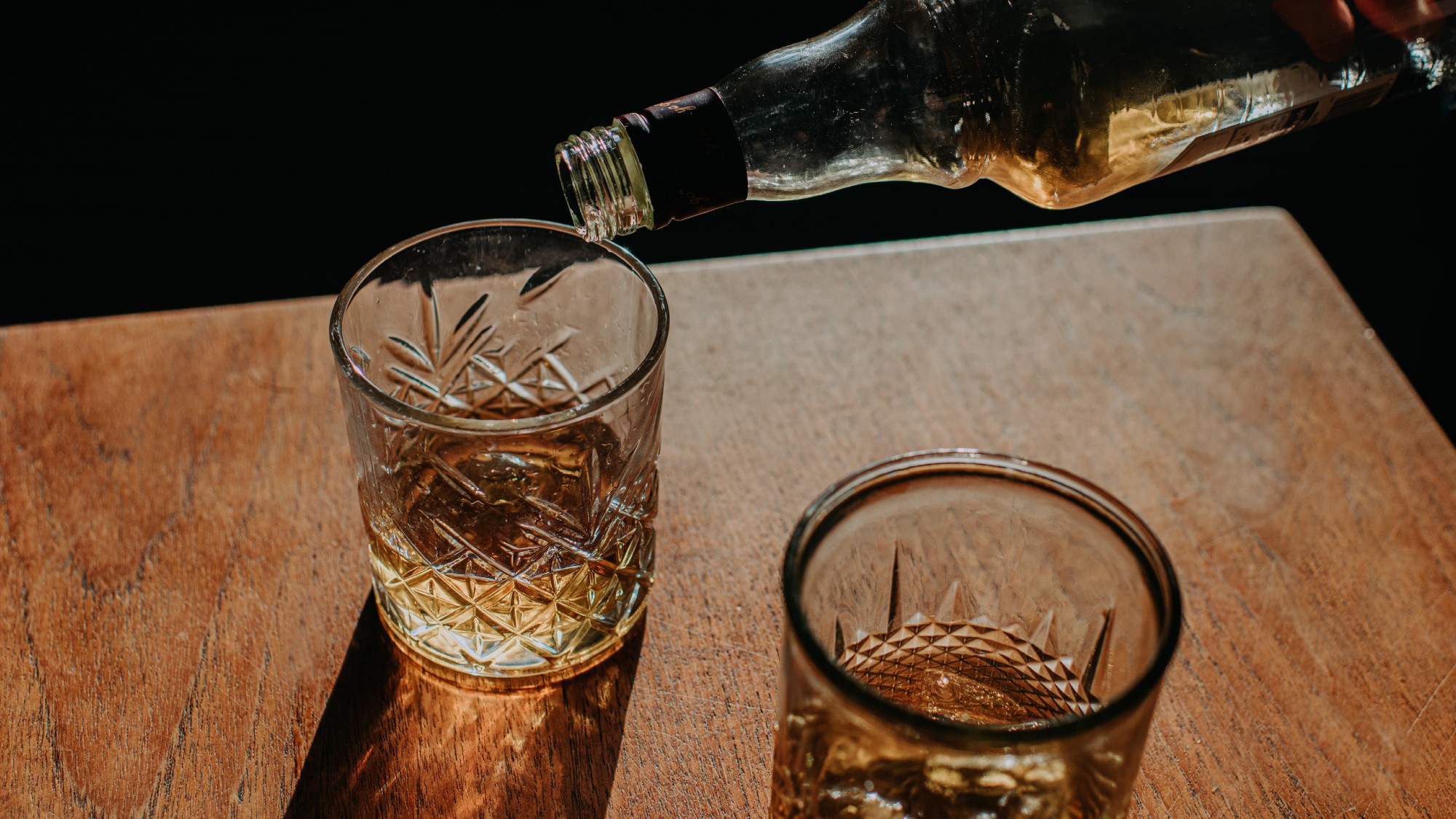 What are the long-term effects of alcohol?
What are the long-term effects of alcohol?It's not just cancer
-
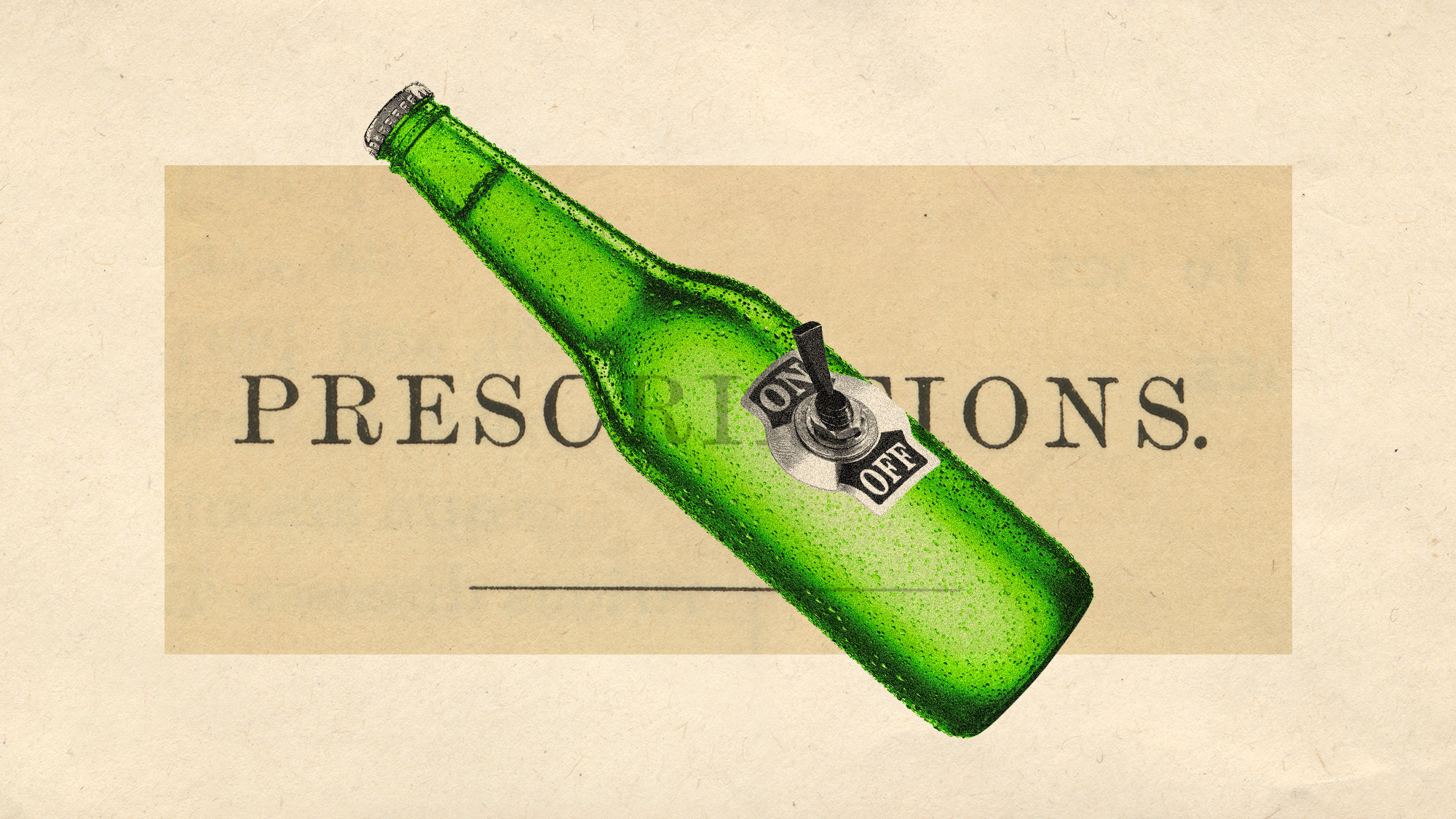 Naltrexone: the wonder drug for alcoholism
Naltrexone: the wonder drug for alcoholismThe pill is said to have a high success rate in reducing alcohol cravings with few side effects
-
 Methanol poisoning: how Laos horror happened
Methanol poisoning: how Laos horror happenedThe Explainer Recent 'tainted-alcohol' deaths expose 'dangerous incentives driving backpacker-focused tourism'
-
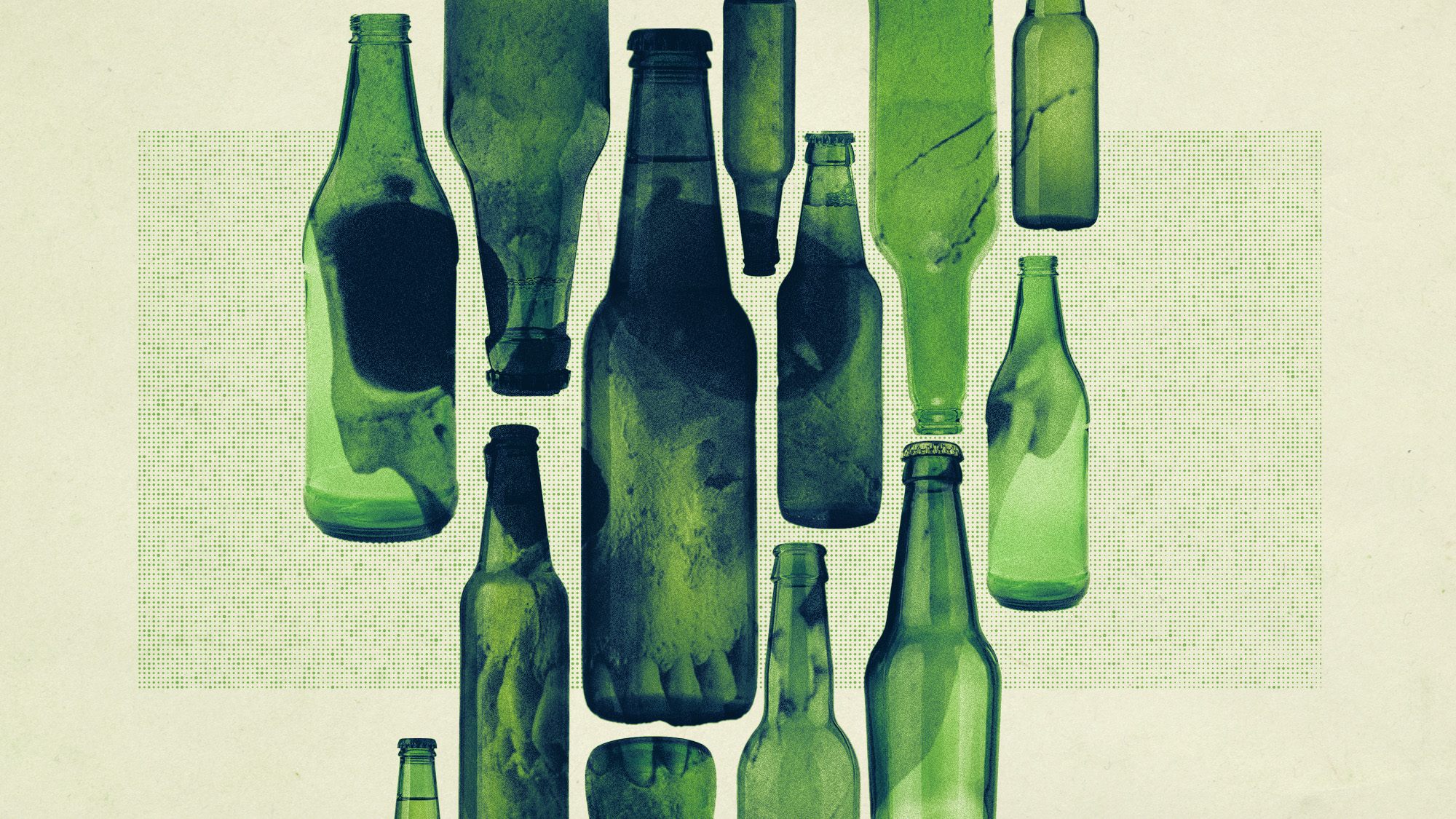 India's toxic alcohol problem
India's toxic alcohol problemUnder the Radar Bootleggers add lethal methanol to illegal liquor to cheaply increase potency, leading to widespread casualties
-
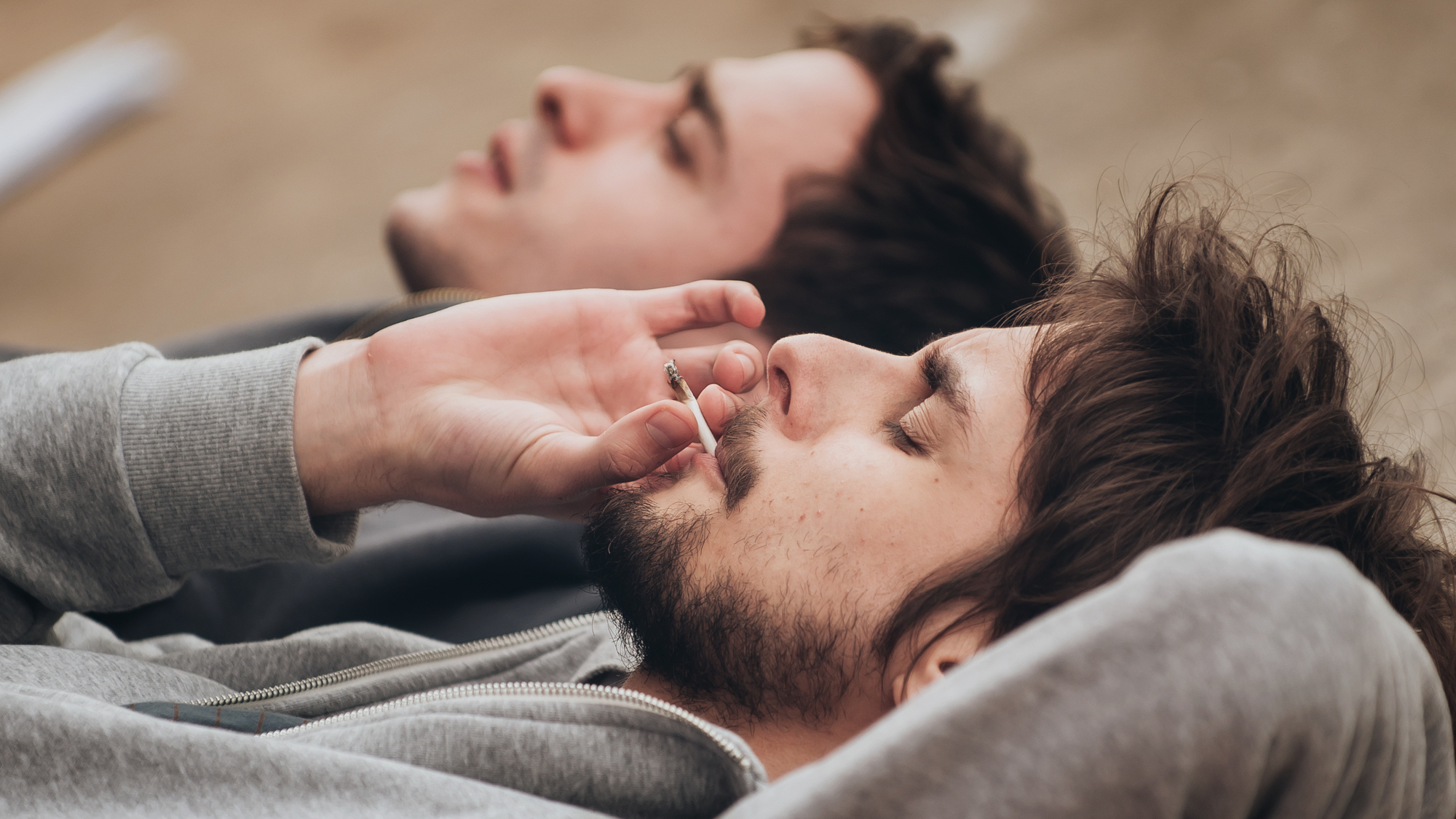 Cannabis tops alcohol in daily US consumption
Cannabis tops alcohol in daily US consumptionSpeed Read For the first time in U.S. history, daily cannabis users have outpaced daily drinkers
-
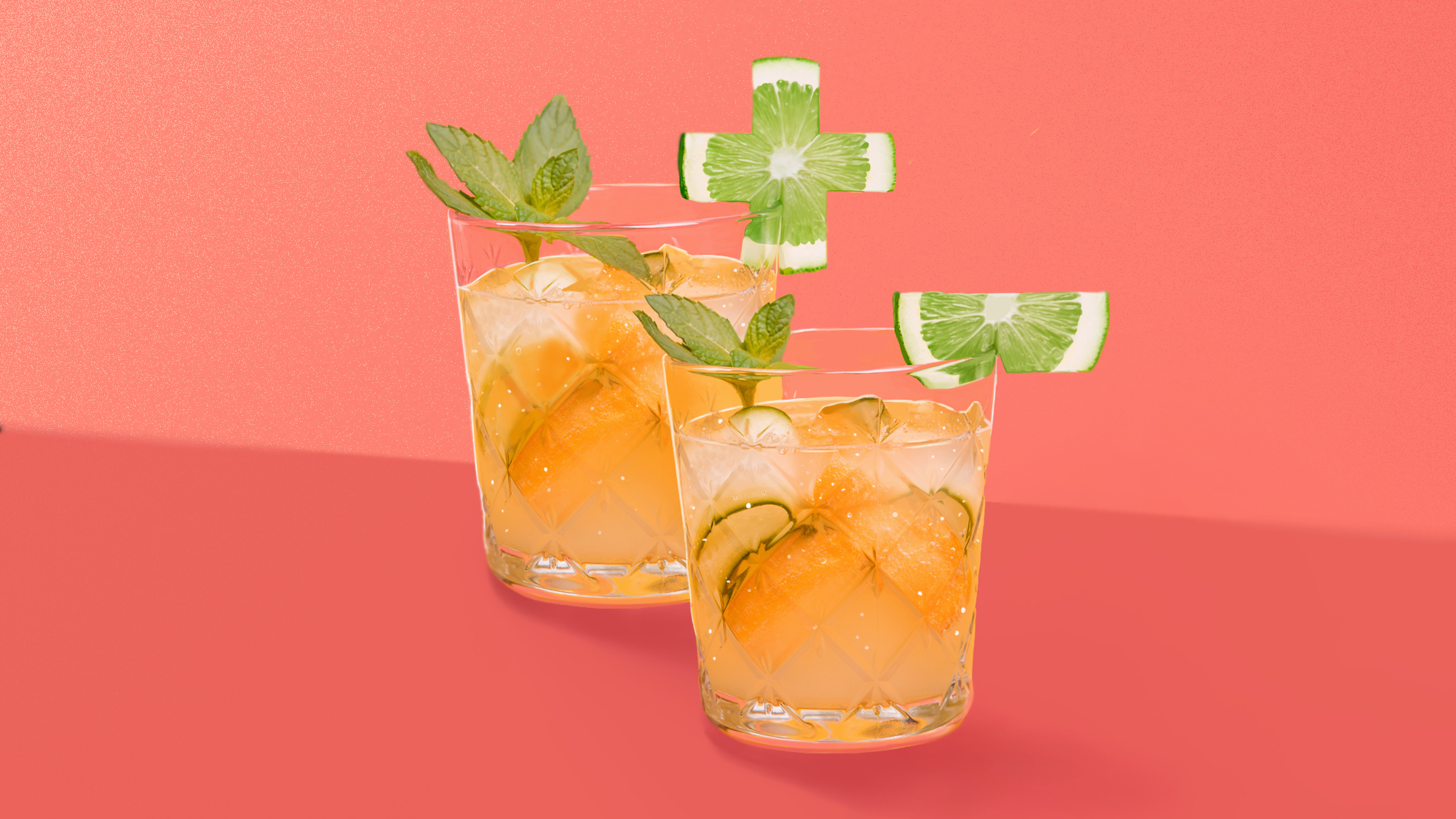 Pros and cons of giving up alcohol
Pros and cons of giving up alcoholPros and Cons Staying off the booze has health benefits but many struggle with the social downsides
-
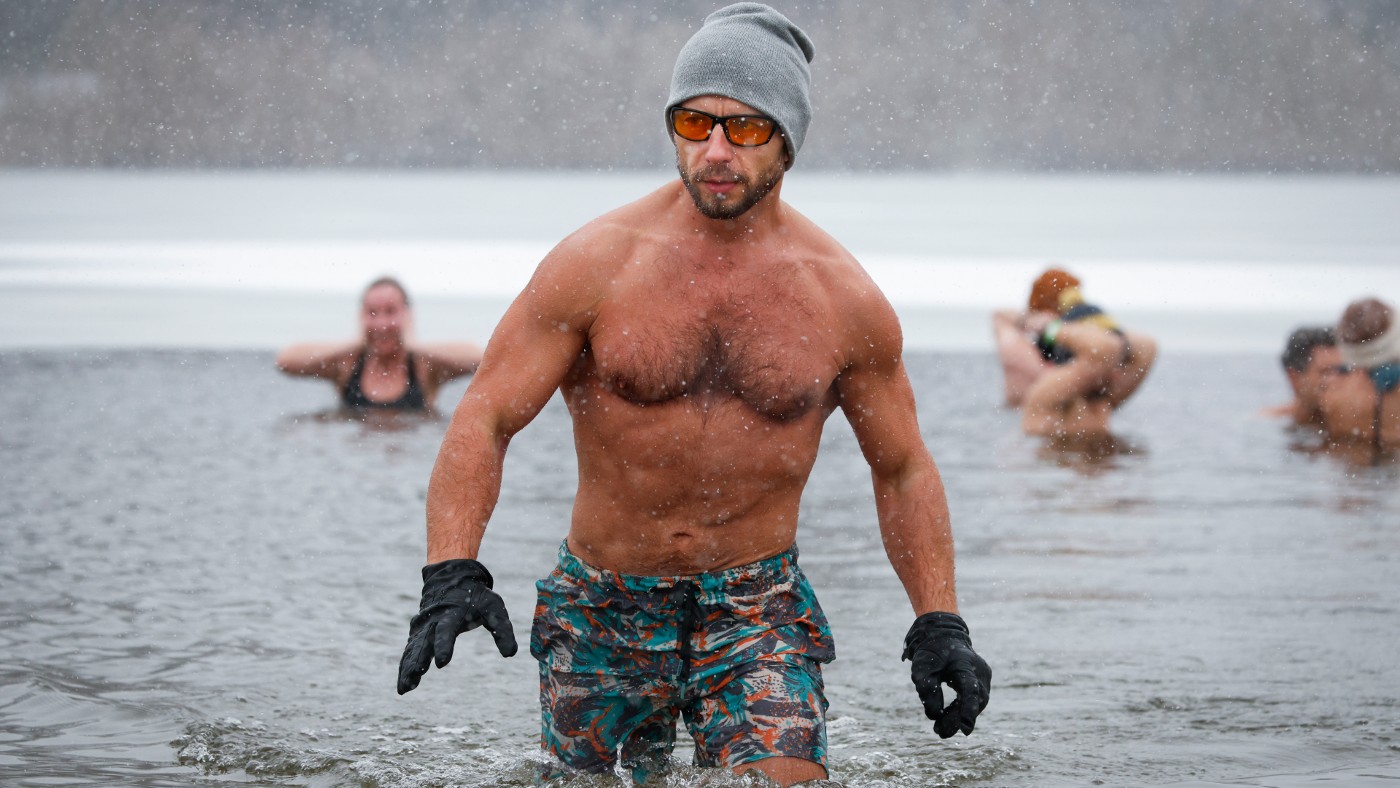 Pros and cons of cold-water swimming
Pros and cons of cold-water swimmingPros and Cons Icy dips at Christmas can be a ‘mood booster’ but also carry health risks